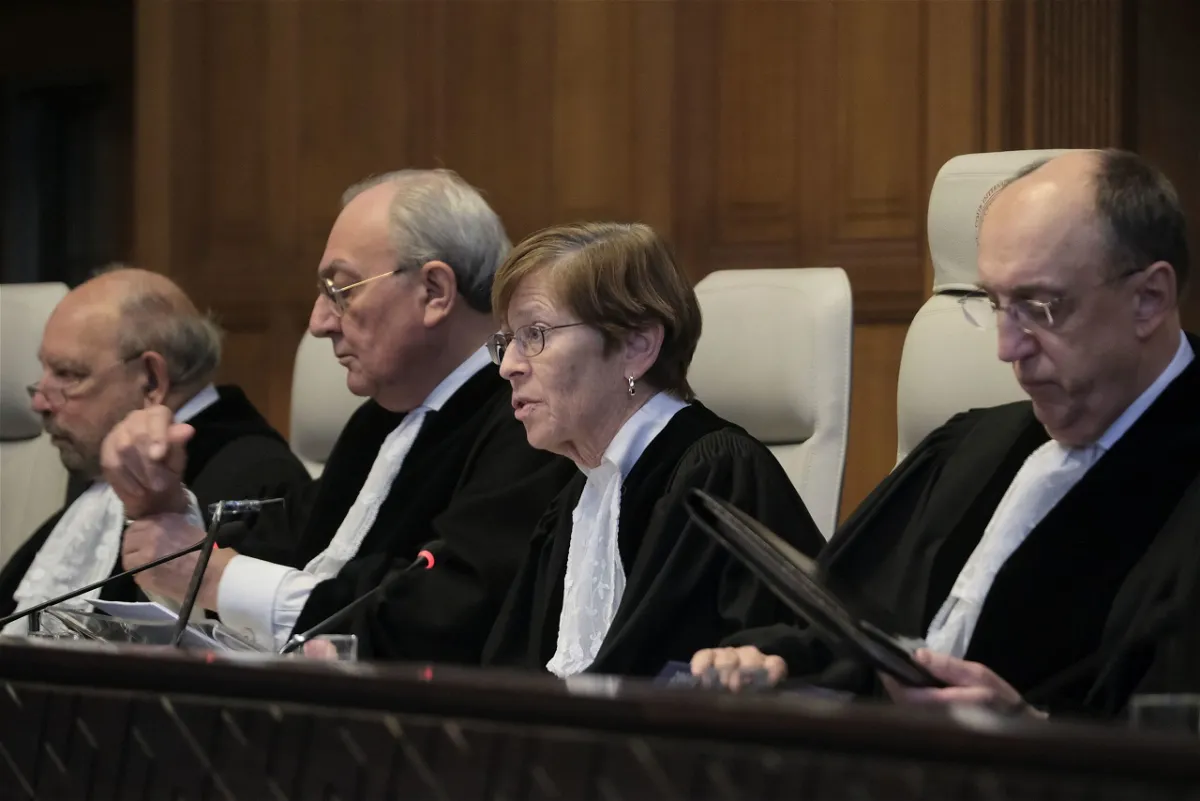In a landmark ruling, the International Court of Justice (ICJ) in The Hague mandated Israel to implement measures to prevent genocide in the Gaza Strip. The directive comes amidst ongoing hostilities but notably falls short of demanding a cessation of Israel’s military operations, as was sought by South Africa. This decision underscores the international legal community’s concern over the escalating violence and its potential genocidal implications.
The ICJ’s ruling emphasized Israel’s responsibility to “take all measures” to curtail the severe consequences of its military actions, prevent and penalize any incitements to genocide, and ensure the provision of humanitarian aid. This judgment arose from South Africa’s allegations that Israel was breaching international genocide laws established after the Holocaust. Despite not ordering an end to the military engagement, the ICJ’s decision marks a significant setback for Israel, which had anticipated a complete dismissal of the case.
Judge Joan Donoghue, President of the ICJ, highlighted the dire humanitarian crisis in Gaza, stating, “The catastrophic humanitarian situation in the Gaza Strip is at serious risk of deteriorating further before the court renders its final judgment.” The court expanded to include judges from South Africa and Israel for this case and voted overwhelmingly for six emergency measures aimed at preventing actions that could be construed as genocidal under the 1948 Genocide Convention.
The ICJ’s decisions are final and beyond appeal, yet their enforceability remains challenging, as evidenced by Russia’s continued conflict in Ukraine despite a similar ICJ order. As indicated by Prime Minister Benjamin Netanyahu’s office, Israel’s response suggests a rejection of the court’s directives, framing it as a defence of national sovereignty.
The ruling has elicited diverse reactions. The Palestinian Authority and South Africa have lauded it as a triumph for international law and justice, though South Africa expressed disappointment over the absence of a ceasefire directive. Conversely, Israeli officials, including Netanyahu, have criticized the court’s decision, viewing it as discriminatory and an infringement on Israel’s right to self-defence.
This ICJ decision, while not fulfilling all of South Africa’s requests, represents a critical examination of Israel’s actions in Gaza. Legal experts view it as a significant rebuke, challenging the narrative of a moral military engagement and calling into question the international support Israel receives. As the court proceeds to deliberate on the full merits of the genocide case, the global community watches closely, anticipating the implications for international law, human rights, and the longstanding Israeli-Palestinian conflict.






















+ There are no comments
Add yours